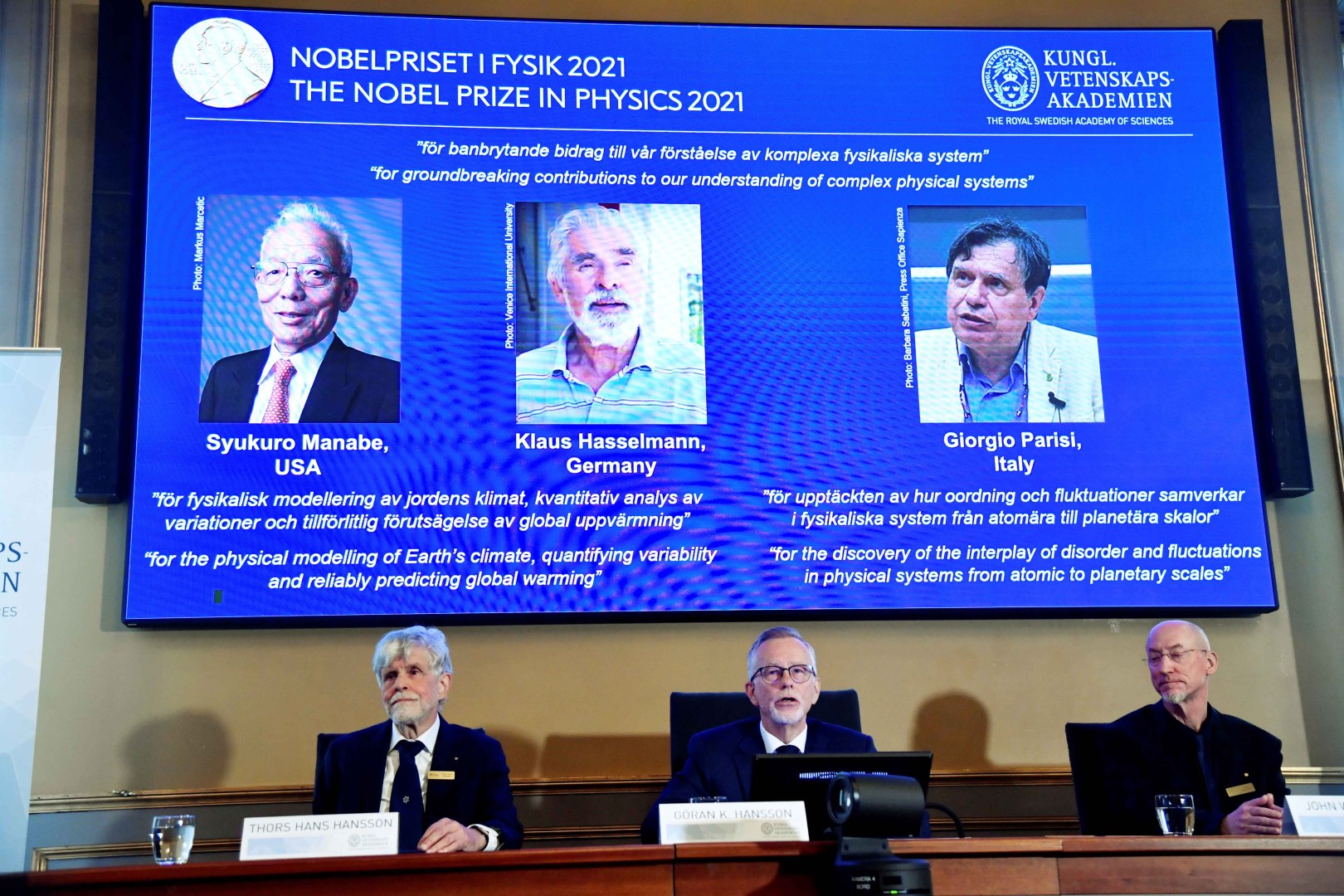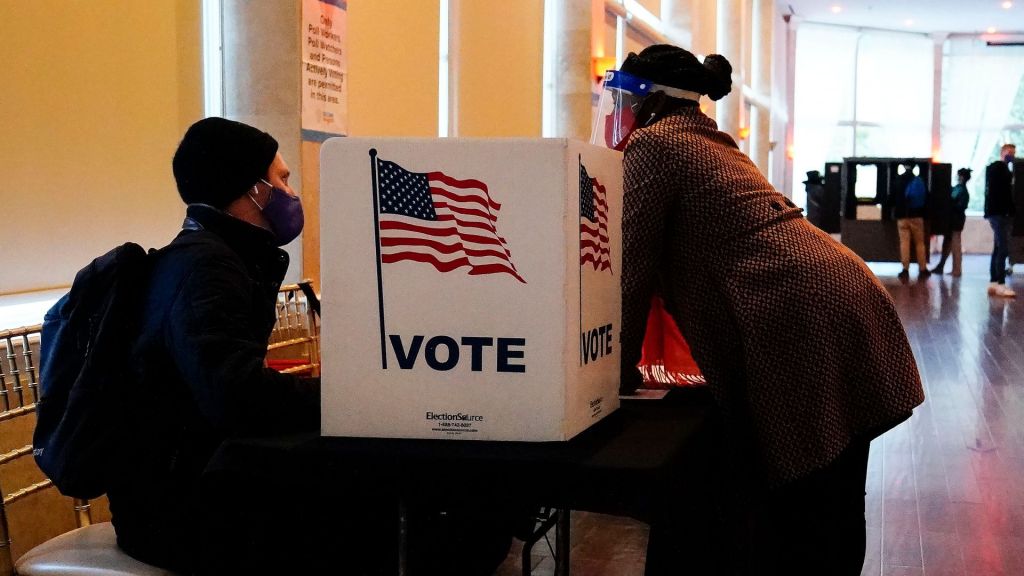
Prof. Goran Hansson, Secretary General of the Royal Swedish Academy of Sciences: “The Royal Swedish Academy of Sciences has today decided to award the 2021 Nobel Prize in Physics for ground breaking contributions to our understanding of complex physical systems. One half of the prize is awarded jointly to Syukuro Manabe and Klaus Hasselmann, for the physical modelling of Earth’s climate, quantifying variability and reliably predicting global warming. The other half goes to Giorgio Parisi for the discovery of the interplay of disorder and fluctuations in physical systems from atomic to planetary scales.”
Syukuro Manabe, Nobel Prize in Physics Winner: “So this is still a big surprise. So I couldn’t believe the news which going on until this morning, I finally convinced myself I am receiving the prize.”
“What I have done is to create a mathematical model of a climate as a natural extension of numerical daily weather prediction, which now has become indispensable for your daily life”
Klaus Hasselmann, recipient of Nobel Prize for Physics: “I think obviously you would rather have no global warming and no Nobel Prize. Of course the best thing is to have no global warming and a Nobel Prize.”
“We have to tell people to wake up, to recognize the fact that we are experiencing climate change and it’s going on a time scale that we’re not used to responding to. We’re used to responding to things that happen in one or two or three years’ time scale. But we have a problem here I think on the decade time scales. And the climate society or the human society has to get used to the fact that we have long term problems and that we need a long term climate policy. So I hope that sooner or later people will wake up and realize they have to do something before it’s too late.”
Giorgio Parisi, 2021 Nobel laureate in Physics: “It’s very urgent that we take real, very strong decisions and we move at very strong pace, because we are in a situation where we can have a negative positive feedback that may accelerate the increase of temperatures. So it’s clear that for the future generations, we have to act now in a very fast way and not with strong delay.”
“This is very important. It’s clear that there are still some details that we have to understand because we have to understand the role of oceans and so on, but what is quite clear is the fact of climate changing is that more energy is emitted into the atmosphere and if you have more energy in the atmosphere the chance of extreme events is going to increase very strongly.”






